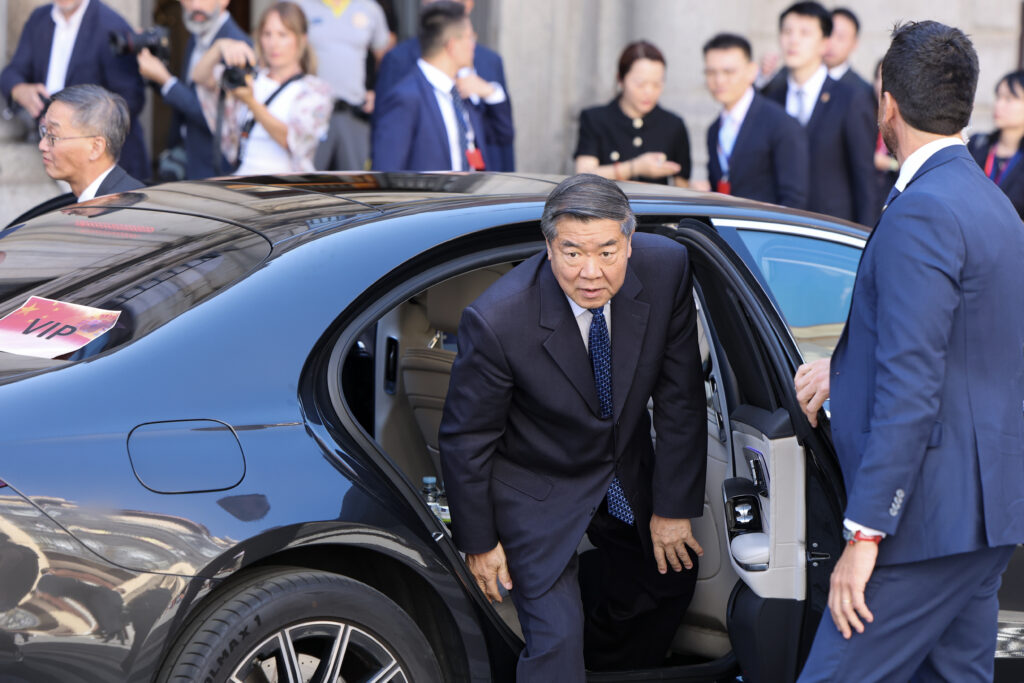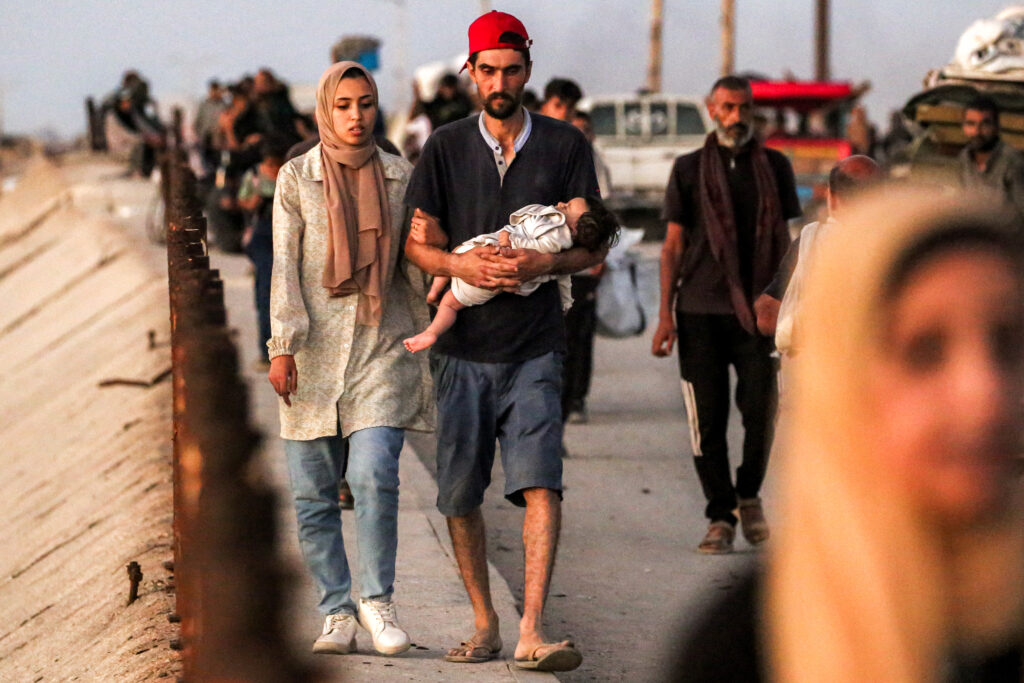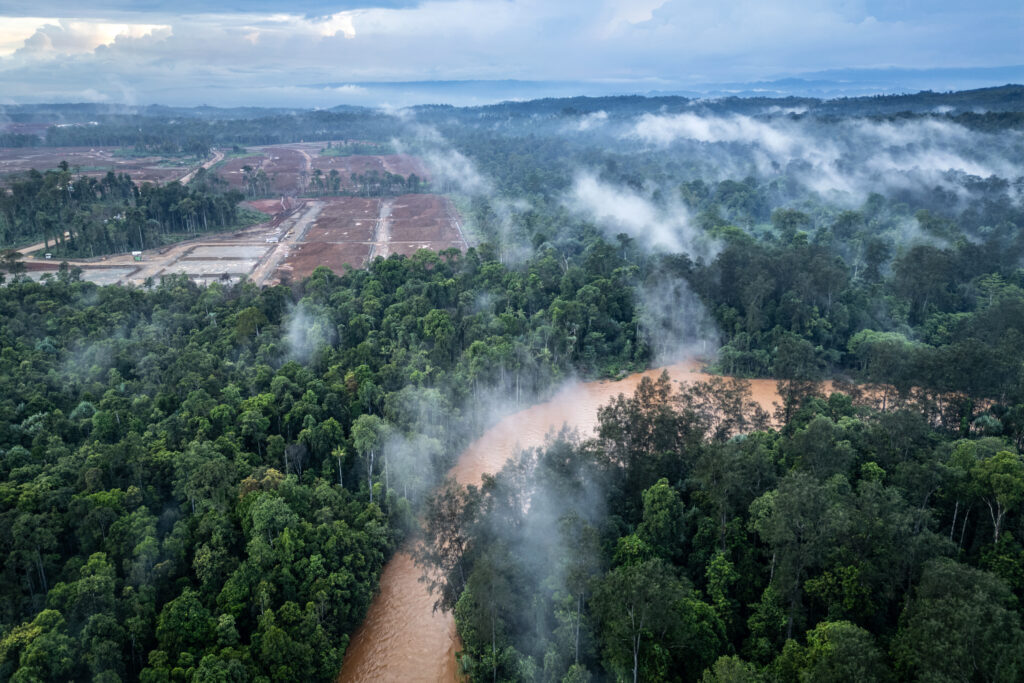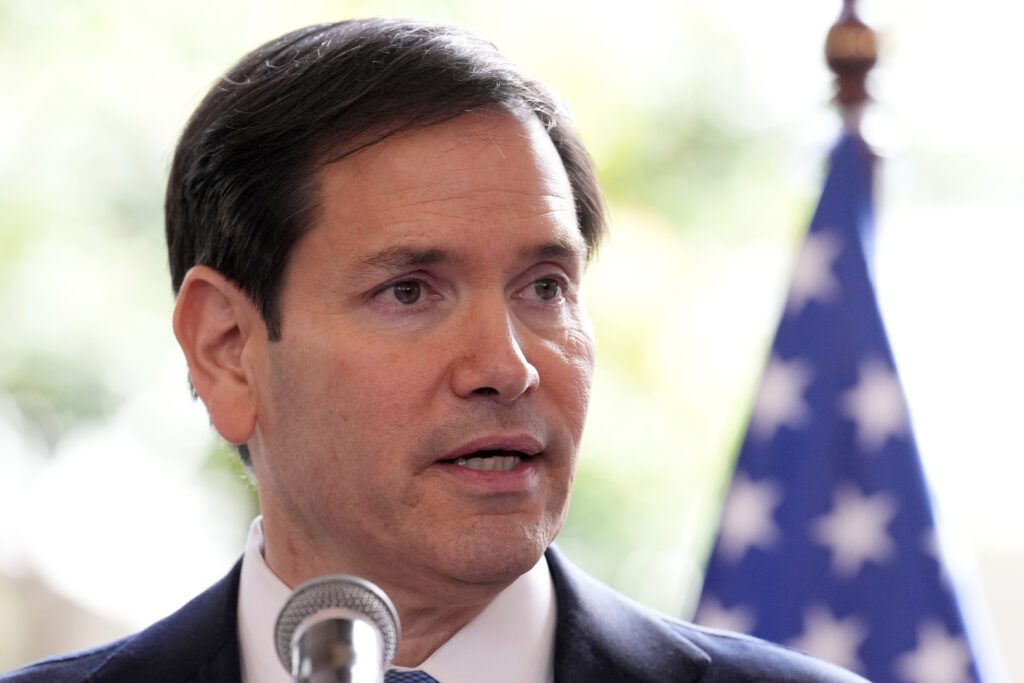Nadeen Ayoub, the first Palestinian to compete in Miss Universe, will step onto the stage at the height of one of the most harrowing periods in her people’s history, determined to show they are more than headlines of war.”We’re more than our struggle and pain,” she told AFP in Dubai, where she is preparing to raise the Palestinian flag at the pageant in Thailand in November.”Right now, our people need a voice and we don’t want our identity to be erased,” she said, nearly two years into the Israel-Hamas war that has killed tens of thousands of Palestinians in Gaza.As Israel intensifies its onslaught, causing what the United Nations has called a famine in Gaza City and widespread destruction in the territory, Ayoub said she wanted to showcase her homeland’s rich heritage and beauty, to humanise a people long reduced to just their suffering.Palestinians are also “children who want to live, women who have dreams and aspirations,” said the beauty queen, her fair face framed by long dark brown hair.- ‘A voice’ -Ayoub lives between Ramallah, Amman, and Dubai — where she founded an organisation that trains content creators on sustainability and artificial intelligence.She grew up in the occupied West Bank, the United States and Canada. After earning degrees in English literature and psychology, she went on to teach and work for NGOs in the occupied territories.”My parents are both academics and they always told me to focus on my university (studies),” she said.But after modelling at a fashion show in Italy, people working in the industry encouraged her to look into competing in beauty pageants, so she launched a Miss Palestine franchise.”Something as simple as having a (Miss Palestine) organisation is difficult,” even though it is a given in other countries, she said.Part of the difficulty is that Palestinians are divided between the occupied West Bank, besieged Gaza and annexed East Jerusalem, while many are refugees in neighbouring countries, living abroad or in Israel.Though recognised by the vast majority of countries, some nations do not recognise a Palestinian state, making representation on a world stage an act of defiance for people like Ayoub.”(Palestine) is a country, it is a nation, I will be representing an actual country,” Ayoub insisted.Western frustration with Israel’s conduct in Gaza has pushed several countries, including Britain and France, to say they will recognise Palestinian statehood later this month.But Israeli Prime Minister Benjamin Netanyahu insisted this week “there will be no Palestinian state”, and last month Israel approved a major West Bank settlement that the international community has warned threatens the viability of a future such state.- ‘Talk about Palestine’ -In 2022, the first Miss Palestine pageant was held online to allow for Palestinians scattered abroad, in Israel and in the territories to participate.As the first winner of the title, Ayoub has worked on the organisation’s philanthropic activities and competed in Miss Earth, an environmentally minded pageant, in 2022.But since the Gaza war erupted in October 2023 — triggered by a Hamas attack on Israel that resulted in the deaths of 1,219 people, most of them civilians — she has not participated in any beauty pageants.Israel’s retaliatory offensive has killed at least 64,756 Palestinians, also mostly civilians, according to figures from the health ministry in Hamas-run Gaza that the United Nations considers reliable.Ayoub said she would take any opportunity to speak out for her people.”We must be present on every single international stage. Every single opportunity that we have to talk about Palestine, to show Palestine, we must take it,” she said.




